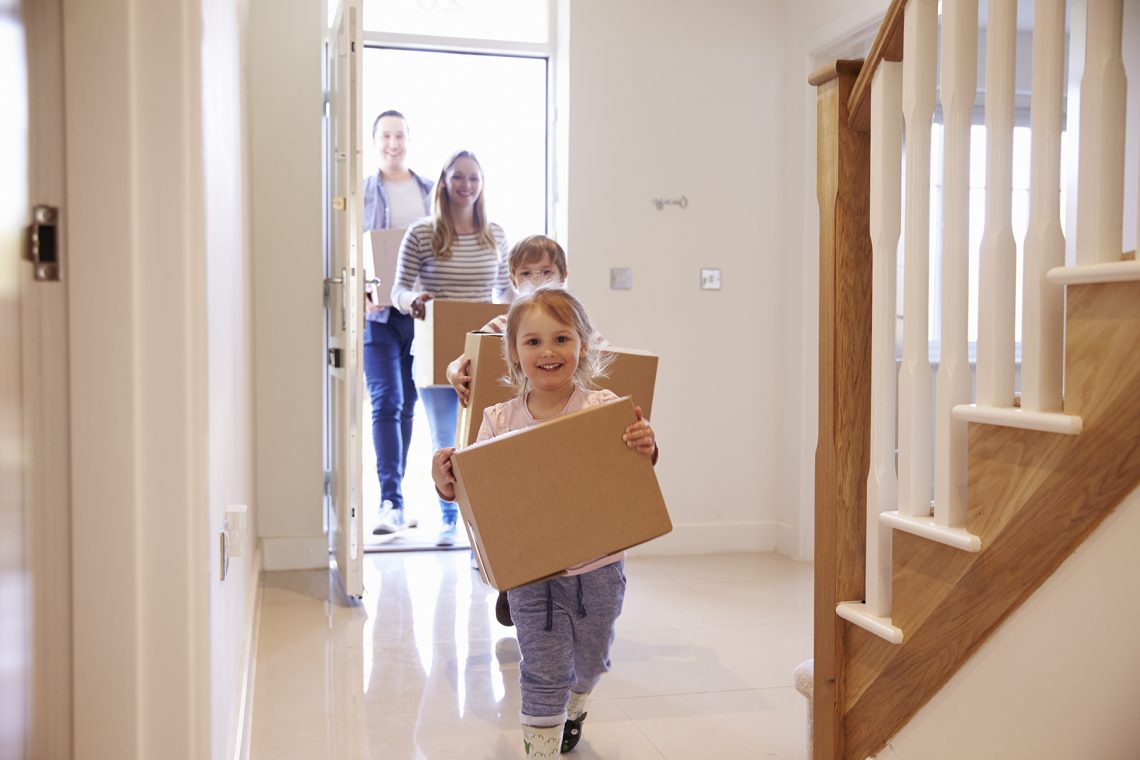Preparing to move – first steps
1. Firstly, get the biggest job out of the way and decide how you are going to move everything from your old home to your new home. If you’re thinking about a professional mover, try getting 3 – 4 quotes.
2. Communication is key. Keep in touch with your Conveyancing Solicitor and Estate Agent, ensure they are all prepared for completion day, after all, they are working for you. Inform your Conveyancing Solicitor of anything that could be an issue, no matter how small, they can judge if they need to do anything to ensure a smooth transaction.
3. Change of address. Start working through the key contacts checklist to let everyone know you are planning to move home. Most contracts require a minimum of a month’s notice so the sooner the better. Don’t forget the DVLA, TV License, Store Cards, Broadband.
4. Spring clean and remove old items. Your local council maybe able to arrange the removal of large items you no longer want. This service sometimes has a small charge. Start packing the items that you do not use frequently such as things from the spare room.
5. Arrange for child and pet care. Not only can children and pets be a distraction but it can also be an unsafe environment. If possible arrange for someone to help look after them on the day, this will allow to concentrate on getting moved as quickly and efficiently as possible. If the children are old enough to help, find age appropriate tasks for them so they can feel part of the move and help with workload for everyone else.
The week before the move
1. Confirm the dates and times of moving day with all parties, including the removals company.
2. Get your new services and utilities in place. Arrange for Gas, electric, water and most importantly you’re broadband so you have something good to watch when you crash out at the end of the moving day!
3. Finish packing the rest of the house up and make a special essentials box that will be transported with yourselves. Essentials box to include; kettle, tea and coffee, milk, toilet roll, snacks, phone charger, small radio, sellotape, pens, scissors, takeaway menus for the new house and a vase (for potential house-warming flowers!).
4. Pack an overnight bag as if you’re going away for the weekend. It saves trying to find clothes and toiletries that are packed away for the first night and day once you arrive in your new home. Sounds obvious but this could save you tearing your hair out trying to find your toothbrush and slippers by rummaging through all your nicely packed boxes!
5. Prepare a note for the new owners explaining how things work and where they can find useful items such as the boiler switches, aerial sockets and alarm codes. A few kind thoughts will go a long way when it comes to mail redirection and injects some humanity into the whole process. Also include details of who currently provides the utilities at your property as it is not always obvious.
Moving day
1. Meter Readings. Before you leave, get a final meter reading of all your metered services and call the relevant suppliers to inform them of the numbers so you can settle up the final balance and close the account ready for moving. If you don’t do this you could end up in disputes with the new owners and it’s just added stress when you could be relaxing in your new home. Remember to also take all the appropriate meter readings at your new property.
2. First thing to unpack. Make up your new beds in the new house first. So when you’re tired later and you can’t face anymore work, you can hop straight into a comfy bed and get a good night’s sleep. This way you will feel revived and ready to crack on again in the morning!
3. Have some cash ready for when you order food in. It happens to us all, you will rope family and friends in to help and they’ll need to be fed!
4. Home insurance. It may be the last thing on your mind, but ensure your policy has started and everything is covered for your new home. It would be awful if you were putting boxes in the loft and your foot goes through the ceiling, just to find out your home insurance policy has not started and that you’re not covered.
5. Introduce yourselves to the neighbours. Making friends with the neighbors can make a world of difference to your enjoyment whilst at home. Having good neighbors can be a great benefit, they can help keep an eye on the place while you’re on holiday, collect packages when you’re not at home and they might invite you to their parties so you’re not left being.

